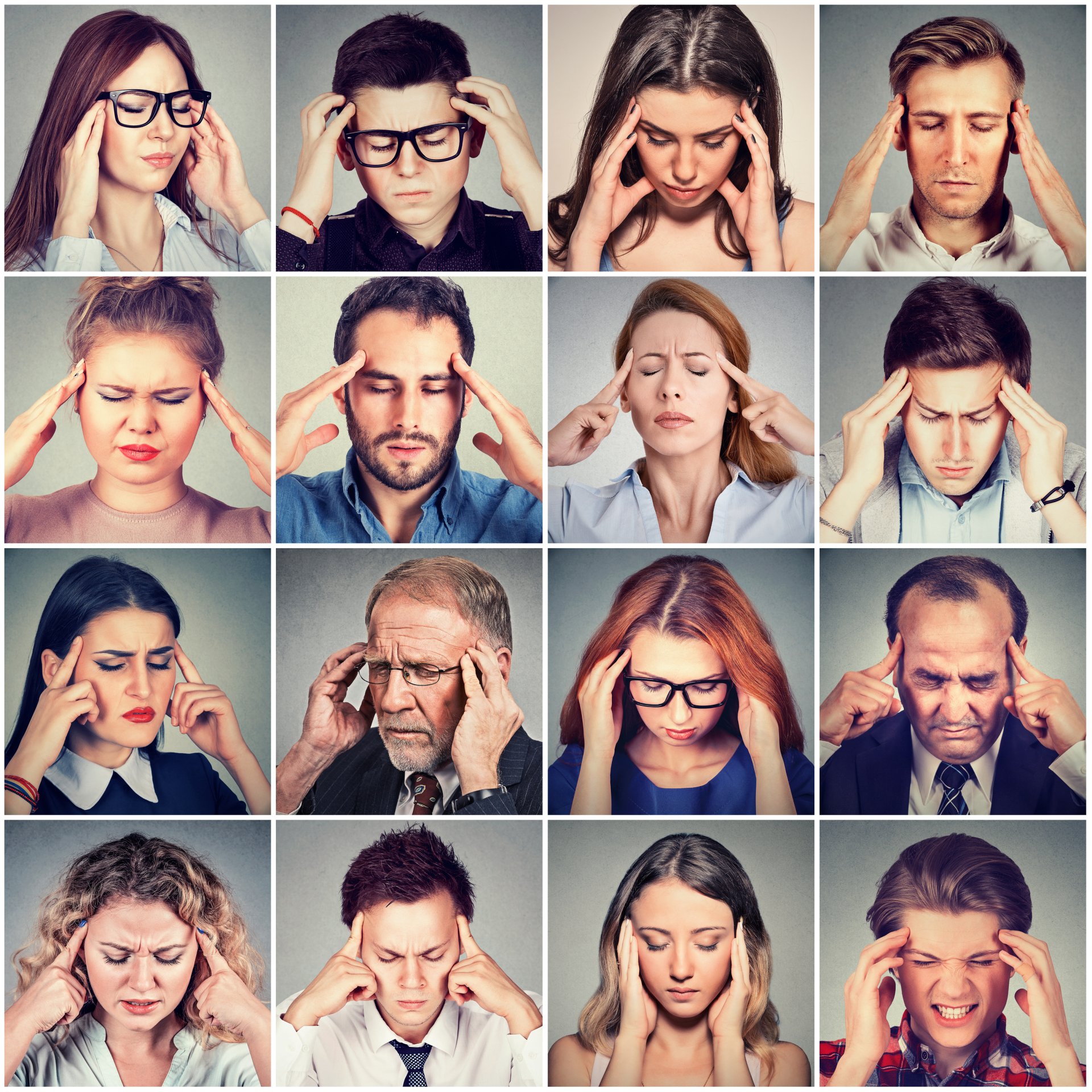Anything in excess can be too much
Coronavirus. The word alone carries the fear factor of a 21st Century boogey man, but in broad daylight. Each notification or push alert with the phrase COVID-19 inches you closer to days of isolation, nationwide pandemonium and a cloud of uncertainty surrounding the infection and death rates of the global health crisis. If this gets your heart racing, anxiety is probably the cause. If this is the case, perhaps it’s time to step away from the TV or turn off those push alerts.
SARS-CoV-2, or COVID-19, first made waves in late 2019 as a respiratory disease believed to have originated in China. By the end of January 2020, the coronavirus was deemed a public health emergency, only to be declared a pandemic by the World Health Organization (WHO) just six weeks later. With dozens more testing positive for the disease each day, news outlets across the spectrum are keeping as close an eye on the updates as state and local health organizations. Each new case requiring attention. Each new preventative measure or legislative action worth a Facebook update or web story.
Yes, this situation is scary, at best. Yes, being informed is paramount. But if being informed is attributing to a mountain of worry for you, it can begin to affect relationships in all facets of your life by manifesting in the form of anxiety. How will you know if your anxiety is related to the coronavirus situation? According to Kathleen Smith, PhD with www.everydayhealth.com, you may be experiencing anxiety about COVID-19 if you’re worrying excessively about the disease and feeling fear that you find difficult to control. These feelings may also be accompanied by the following symptoms:
- Irritability
- Trouble sleeping
- Trouble concentrating
- Panic attack(s)
Additionally, anxiety and feelings of nervousness are known to be the culprit of challenging behaviors such as wandering and aggression in those with Alzheimer’s. Whether it’s you or a loved one you’re supporting during this crisis, once you identify the root cause, your next step is to try and resolve it.
- Try one or some of the following tips to help curb your anxious thoughts:
- Limit the number of stories and sources you consume news from to one or two a day
- Separate rational thoughts from worst fears through research and fact finding
- Create a step-by-step plan to address the facts and concerns for you and your family
- Limit the amount of time spent focusing on COVID-19
- Turn off the TV, cell phone, radio, etc.
As the outbreak continues to spread, also do your part to prevent the spread of the disease. Wash hands regularly, disinfect routinely, practice social distancing, get a COVID-19 test if symptomatic and available. For the latest information about the pandemic, visit www.who.int.
Source: https://journals.lww.com/neurotodayonline/blog/breakingnews/pages/post.aspx?PostID=908
Source: https://www.webmd.com/alzheimers/alzheimers-anxiety#2





